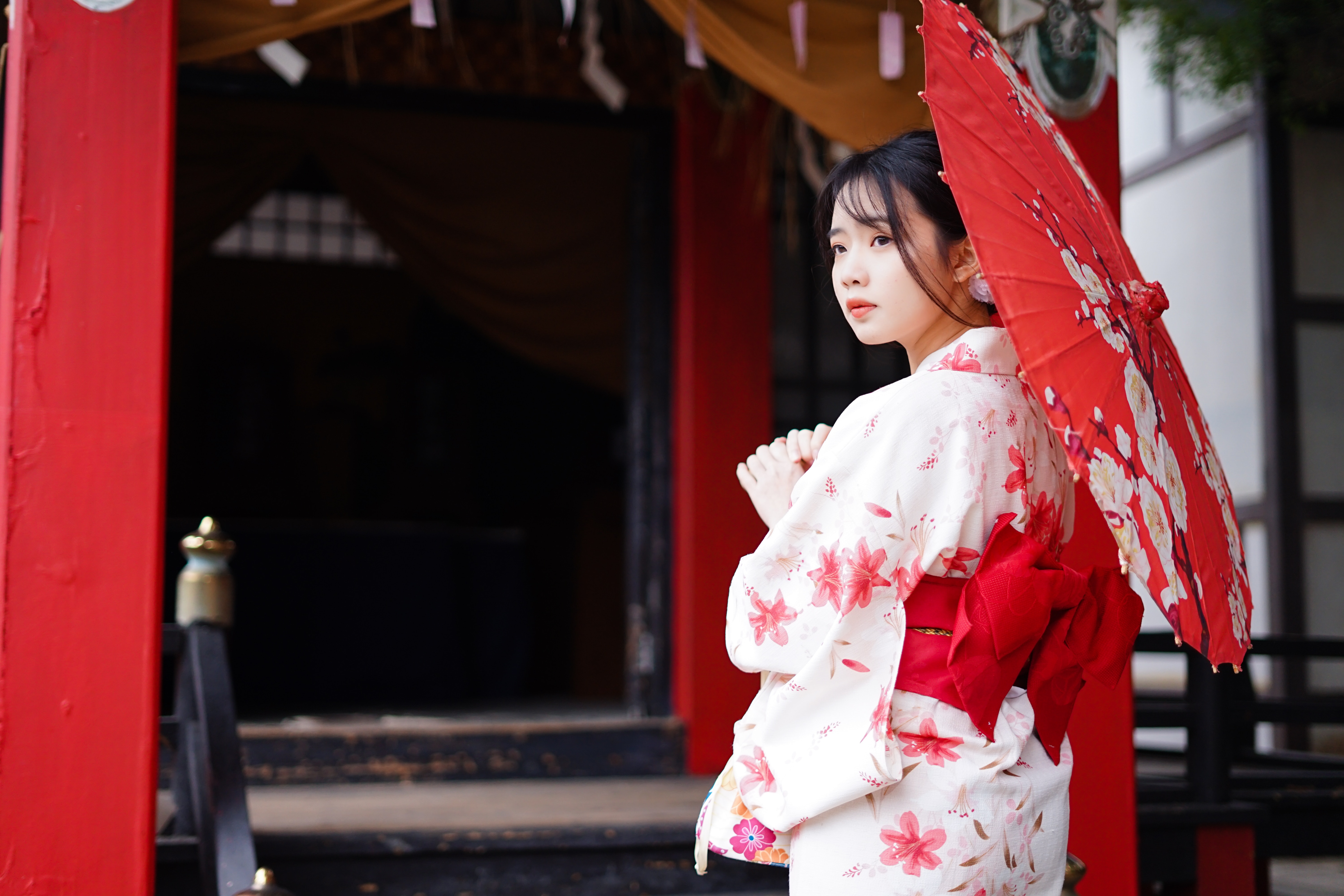
Steffi (sutefi) in Japanese
Steffi in Katakana
ステフィ
Steffi in Romaji
sutefi
Steffi in Hiragana
すてふぃ
The name Steffi in Japanese Katakana is ステフィ which in romaji is sutefi. Katakana is the standard translation for names into Japanese, Steffi in Japanese Hiragana, the non-standard translation for names into Japanese, is すてふぃ.
How do you write Steffi in Japanese Kanji?
The closest sounding kanji name to "Steffi" is 慧芳 (えふう, e-fu-u). This name is composed of two kanji characters: 慧 (え, e) which means "intelligent" and 芳 (ほう, fu-u) which means "fragrance".
The western meaning of the name Steffi is derived from the Greek name Stephanie, which means "crown" or "garland". The closest matching Kanji name based on this meaning is 王冠 (ōkan). It is pronounced o-ka-n and it means "crown".
Get the inside scoop on life and travel in Japan
Names similar to Steffi
stephi sutefi
ステフィ Learn More
stephie sutefi
ステフィ Learn More
josefina josefiina
ジョセフィイナ Learn More
josefine josefin
ジョセフィン Learn More
steffanie sutefanii
ステファニイ Learn More
steffen sutefen
ステフェン Learn More
effie efii
エフィイ Learn More
stefan sutefan
ステファン Learn More
stefani sutefanii
ステファニイ Learn More
stefania sutefania
ステファニア Learn More
stefanie sutefanii
ステファニイ Learn More
stefano sutefano
ステファノ Learn More
stefany sutefanii
ステファニイ Learn More
sterling sutaaringu
スタアリング Learn More
stevie sutiibii
スティイビイ Learn More
tiffiny tifinii
ティフィニイ Learn More
asteria asuteria
アステリア Learn More
josephina josefiina
ジョセフィイナ Learn More
josephine josefin
ジョセフィン Learn More


